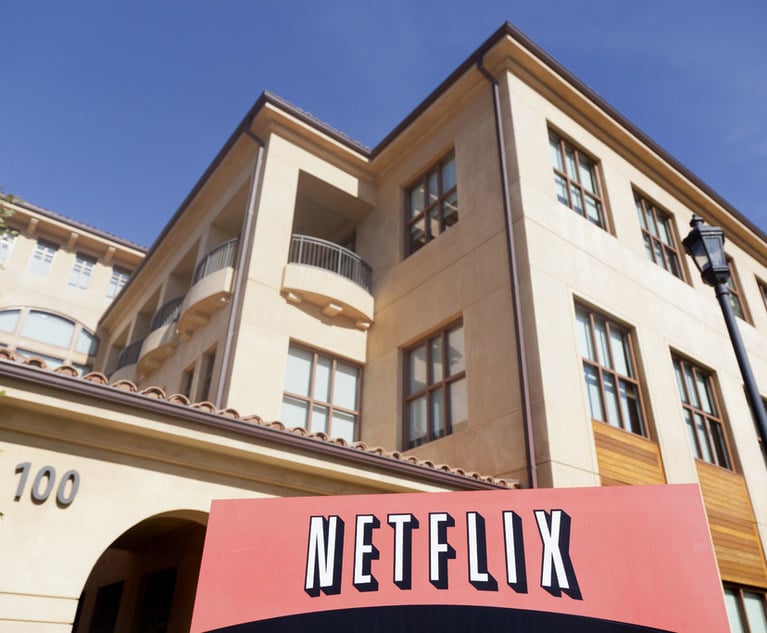A sharing economy for on-site or local area computing would provide these much-needed services to companies that are unable to afford dedicated computing capabilities and whose technology and/or geographic location makes cloud computing a less than desirable option. For example, on the road from Boston to Virginia, there are millions of computers ranging from personal laptops to servers used by schools, nonprofit organizations and local governments that frequently lie dormant or are underutilized, especially on nights, holidays and weekends when early-stage company founders often need them. If this underutilized computing capacity could be harnessed by creating a local market for digital resources, it would allow users living or working along the Northeast corridor the convenience and cost-efficiency of cloud computing while eliminating the bandwidth and latency issues that only a private network can currently cure. This localized version of cloud computing is a solution that many are now referring to as “fog computing.”
Fog computing will certainly unlock real value to both buyers and sellers of computing power, memory and storage. Just as certainly, fog computing will raise new questions about how to apply existing legal principles of equity and financial responsibility. For example, who should be liable for technology failures or data breaches on shared equipment? Who should be responsible for maintaining shared devices and networks? When there is a service interruption due to fire, hurricane, flood or earthquake, how should the burden be shared? Are those who sell computing power through a blockchain platform employees of the blockchain company or are they independent contractors?
To some extent, we would expect the application of laws to fog computing platforms to be similar to the way laws have been applied to well-known sharing economy companies like Airbnb and Lyft. At the same time, blockchain technology’s transparent nature and data-rich distributed ledger involve much greater disclosure of information to the public when compared to existing sharing economy participants. If the open nature of a distributed ledger is not enough to preserve the integrity of shared systems or support the communal trust necessary for successful sharing of digital resources, regulatory agencies and law enforcement may need to be more heavily involved for blockchain technology to successfully bring fog computing to the mass market. And, like all technology companies, blockchain platforms will need to understand which data privacy rules apply and determine a compliance strategy.
It is unlikely that a school district or a local government would have the motivation or capability to begin directly selling its unused computing power to consumers. Yet, the overcapacity possessed by these institutions gives them a key role in the disruption coming to the traditional computing model. Fog computing platforms allow third parties to efficiently match the supply and demand for these services between consumers and sellers. Hardware manufacturers will cease to be the only supply source for computing power. Similarly, fog computing opens a path for some users to deflect the burden of excess computer capacity costs. Just as Airbnb provided a platform to connect guests with hosts, handle payment, provide both parties with insurance coverage and technical support, fog computing platforms will connect individuals, institutions and companies with startup companies and others in need of affordable and scalable computing power. Fog computing platforms that include blockchain technology in their solutions will be able to streamline pricing and resolve latency issues. Blockchain’s immutable data may also allay legal concerns that have so far prevented local computer resources from participating in the sharing economy.
There are a growing number of companies, both large and small, that are working to find a solution to bring fog computing to fruition. The first that is able to harness the power of blockchain technology and apply it to fog computing will create an efficient way for school districts, local governments, nonprofit institutions, major corporations and even neighbors to sell or share their unused computing power. Fog computing will have the additional benefit of spurring innovation in local communities by giving emerging companies and budding entrepreneurs a low-cost solution to grow and scale. Meanwhile, hardware manufacturers, cloud computing providers, regulators, and the lawyers who advise them, will need to nimbly adapt to the challenges that fog computing brings to their existing business model.
Samuel Dibble is a partner in the San Francisco office of Baker Botts. Dibble advises clients in a broad array of corporate transactions, including mergers and acquisitions, joint ventures, early-stage financings, complex issuances of high-yield bonds, convertible debt and equity securities. Blockchain-based technology companies routinely turn to Dibble for guidance in organizational matters, operation and fundraising activities, including token pre-sales, and other securities offerings.
Clark Wilkes is an associate in the the firm’s corporate practice where he advises private and public companies across a broad range of industries. His practice centers on venture capital, startup companies, company representation, technology transactions, data privacy matters, and mergers and acquisitions.


 Samuel Dibble and Clark Wilkes of Baker Botts. (Courtesy photo.)
Samuel Dibble and Clark Wilkes of Baker Botts. (Courtesy photo.)




